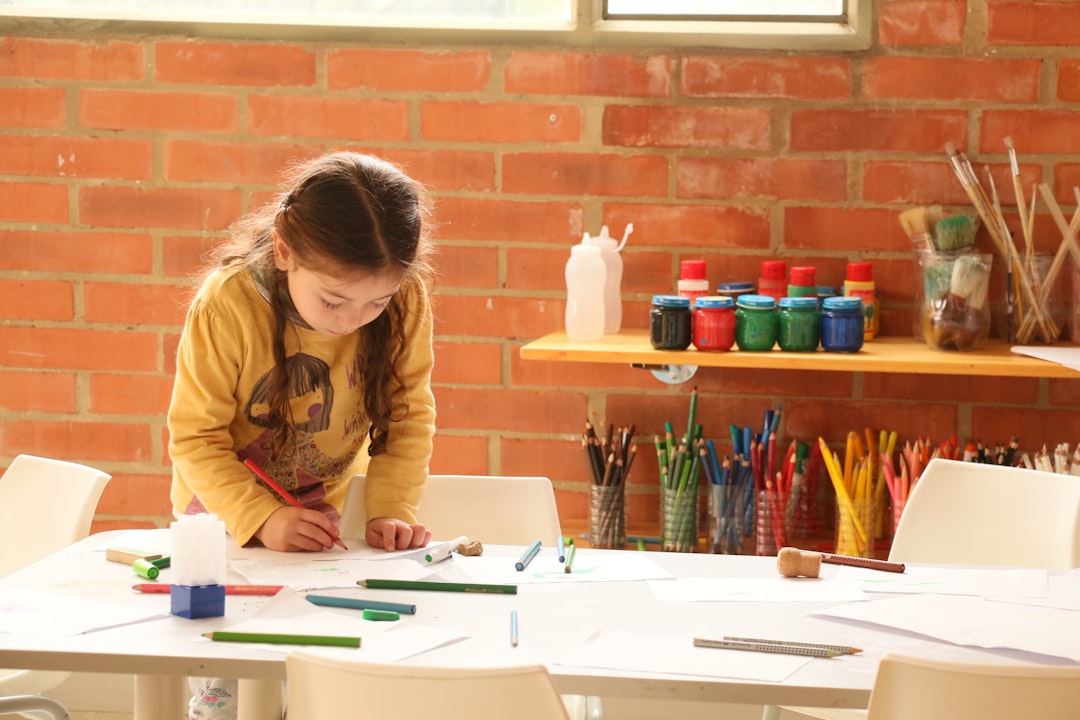The Benefits of Physical Education in School Curriculum
In recent years, physical education has taken a backseat in many school curriculums as focus shifts towards academic subjects. However, the benefits of physical education cannot be overstated. Engaging in regular physical activity not only promotes a healthy lifestyle, but it also has a positive impact on academic performance, cognitive function, and overall well-being. Incorporating physical education into the school curriculum is essential for the holistic development of students.
First and foremost, physical education helps promote physical health and well-being. With increasing concerns of childhood obesity and sedentary lifestyles, it is crucial to provide students with the opportunity to engage in physical activities. Regular exercise helps maintain healthy body weight, reduces the risk of chronic diseases, and improves cardiovascular health. Physical education classes provide structured activities that cater to different fitness levels and are designed to improve flexibility, strength, endurance, and motor skills. By encouraging students to participate in physical education, schools can instill lifelong habits of exercise and ensure better overall health.
In addition to physical health, physical education also benefits students mentally. Research has shown a strong link between physical activity and academic performance. Regular exercise has been linked to improved cognitive function, memory, attention span, and creativity. By engaging in physical activity, students increase blood flow and oxygen to the brain, resulting in enhanced mental processing and alertness. Physical education classes provide a break from academic subjects, promoting increased concentration in the classroom and reducing stress and anxiety. By incorporating physical education into the school curriculum, schools create an environment that supports overall mental well-being.
Furthermore, physical education fosters the development of essential life skills. Through team sports and group activities, students learn valuable lessons in cooperation, communication, leadership, and problem-solving. They develop social skills, learn to interact with peers, and build self-confidence. In addition, physical education instills the values of discipline, perseverance, and goal-setting. These attributes learned through physical education transfer to academic and personal life, aiding in the development of well-rounded individuals.
Moreover, physical education in schools promotes overall inclusivity. By incorporating a diverse range of activities, physical education classes provide an opportunity for all students to participate, regardless of their fitness level or athletic abilities. This inclusivity helps combat social barriers, fosters a sense of belonging, and promotes empathy and understanding among students. Physical education classes create an environment where students learn to respect and appreciate individual differences, encouraging a sense of unity and acceptance amongst peers.
Another often overlooked benefit of physical education is the opportunity it presents for students to develop lifelong hobbies and interests. By exposing students to a variety of sports and physical activities, they can discover and nurture their talents and passions. Physical education classes act as a platform for students to explore their potential in sports, dance, yoga, or other fitness activities that they might pursue outside of school. This exposure plays a crucial role in promoting active lifestyles and engaging students in hobbies that they can continue long after they leave school.
In conclusion, physical education plays a vital role in the holistic development of students. By incorporating physical education into the school curriculum, schools provide an opportunity for students to improve their physical and mental well-being, enhance their academic performance, develop essential life skills, foster inclusivity, and pursue lifelong hobbies and interests. As educators, it is our responsibility to recognize the numerous benefits of physical education and ensure its presence in the curriculum to nurture healthy, well-rounded individuals who are equipped to succeed in all aspects of their lives.









